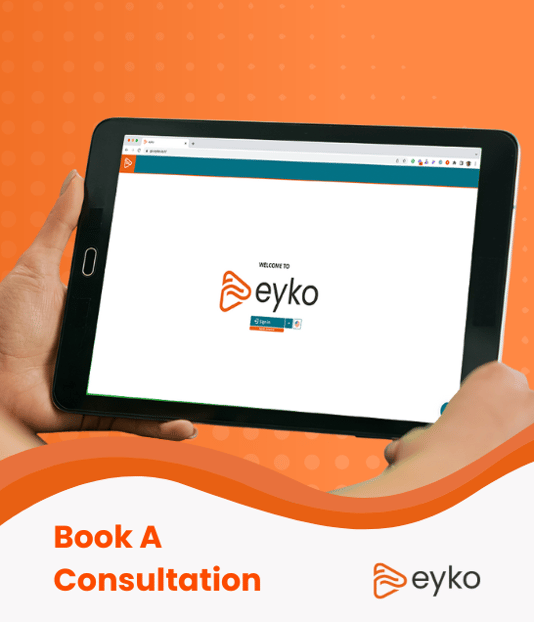People Still Use SQL!?
Why Do Organizations Still Use SQL?
Is There An Easier Way?
Yep, you read the title right!
IT and Data Engineers still use SQL (Structured Query Language). One would have thought business intelligence tools and big data systems like Redshift, BigQuery, Snowflake, MongoDB, and Hadoop would have sunset requirements for SQL. Yet, many of these big data systems have implemented variants of SQL to enable the IT and Data engineer the ability to write queries to extract data.
Traditional SQL Databases like MSFT SQL Server, IBM DB2, Oracle sill use SQL interfaces and most popular query tools automatically create SQL to extract data from these databases. Modern query tools were designed to enable thousands of end users to build their own queries without ever writing a line of SQL code. These query tools have been around for decades but continue to be limited to a single database. And every so often, we come across a prospect with hard wired SQL definitions for each report that simply outputs a CSV or a CSV that is formatted with HTML into a hard wired and formatted report.
SQL only reporting implementations are brittle due to their single-purpose query objective. Hard-coded parameters and filters tailored to specific data requests make it tough to reuse queries for other business purposes. This inflexibility means that adapting to changing business needs can be a real challenge, reducing overall efficiency as each new request is a new SQL statement.
Modern tools like eyko, on the other hand, allow users to ingest data once from multiple systems and reuse it for various purposes while hiding the complexities of SQL behind the scenes or the challenges in merging data from multiple databases. The eyko approach significantly enhances data usability and efficiency for multiple analysis and decision making purposes. It even helps curate the data for better A.I. insights. As we wall know, garbage data equals garbage answers.
With built-in data intelligence and machine learning, eyko standardizes and links, transforms, and cleans data from different sources automatically, eliminating the need for repetitive query writing or constant IT intervention. The benefit is that eyko users don't need to write SQL code to bring data in from multiple systems like Snowflake or from traditional databases like IBM DB2.
This not only simplifies the eyko data analysis process but also makes it far more adaptable, addressing the core limitations organizations face with traditional SQL based reporting paradigms.
While SQL is never going away, we remain surprised at how often organizations still have SQL only based reports that essentially extract the data via a SQL query into a CSV file. Not only is this solution not scalable, it also creates security issues, grows data silos, and undermines governance when it comes to ensuring trusted and single version of the truth policies.
Learn more about eyko.
Share this
You May Also Like
These Related Stories

How eyko works

How is eyko disrupting the analytics market landscape?

